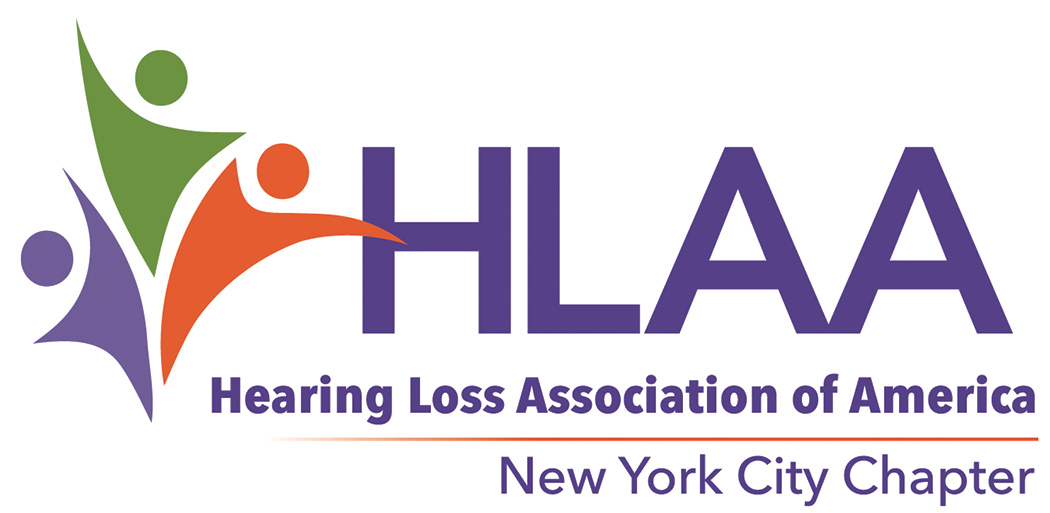New York Airports
Periodic inquiries to the Port Authority of New York and New Jersey dating back several years, by Ellen Semel and, more recently, by Jerry Bergman, have sought to obtain hearing loops at passenger gates and information counters at the area’s three major airports. In 2021, we were delighted to learn that the Port Authority’s revised accessibility requirements now specify that hearing loops be installed and meet the IEC-60118-4 standard in all new construction and major renovations of airports, as well as bus, rail and ferry facilities under its management. LaGuardia Airport’s Delta terminal, the first project under the new requirements,opened in 2022, with hearing loops at passenger gates and information counters.
Captioned Movies
In 2022, an ordinance sought by chapter members to require cinemas to show movies with open (on-screen) captions took effect. All movies being shown for a week or more must now advertise and show them with open captions at least once on weekdays and weekends, matinees, and evenings. AMC and Regal cinemas, as well as the City's smaller cinemas and non-profit art houses, indicate open-captioned showtimes in their online listings.
Representation in State Government
Members of the NYC Chapter joined HLAA members statewide in efforts toward the establishment of a State Commission of the Deaf, DeafBlind and Hard of Hearing. New York is one of only 12 states without such an agency. The legislation awaits signing into law by Governor Hochul and the subsequent authorization of funding for staffing and administrative costs.
Access in Health-Care Settings
Working with HLAA's Communication Access in Healthcare program, members of the New York City Chapter are approaching and educating New York City hospitals on awareness of hearing loss and the kinds of accommodations needed by patients who are hard of hearing or deaf.
Closed Captions at Broadway Theaters
Chapter advocates and representatives of other disability groups consulted in 2017 with the Shubert Organization and Broadway League to bring closed-captioning technology to patrons of all shows, beginning three weeks after their opening. The captions are accessible via the GalaPro smartphone app or devices available at theaters.








